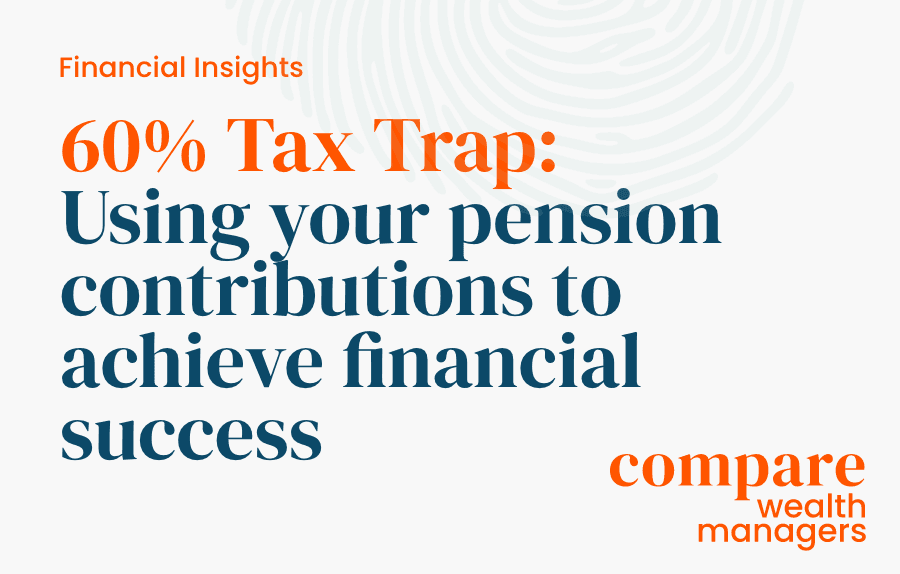- HMRC treats cryptocurrencies as assets subject to capital gains tax (CGT) rather than as currency, influencing how gains from their disposal are taxed.
- Using tax-efficient vehicles like ISAs and SIPPs, leveraging allowable expenses and exemptions, and strategically timing disposals can help reduce cryptocurrency tax liabilities.
- Investors must accurately report their crypto transactions, including detailed records of purchases, sales, and associated costs, to ensure compliance with HMRC guidelines.
In recent years, cryptocurrencies have emerged as a revolutionary financial asset class, captivating both investors and regulators alike. As their popularity continues to surge, so does the need for clarity regarding their tax implications. In the United Kingdom, HM Revenue & Customs (HMRC) has guided how cryptocurrencies are taxed, shedding light on an otherwise complex subject.
What Are Cryptocurrencies?
Cryptocurrencies, often referred to simply as "crypto," are digital or virtual currencies secured by cryptography, making them nearly impossible to counterfeit. Unlike traditional currencies issued by governments, cryptocurrencies operate on decentralized networks based on blockchain technology. Bitcoin, Ethereum, and Ripple are among the most well-known examples of cryptocurrencies, each with its unique features and applications.
Classification of Cryptocurrencies for Tax Purposes
One of the critical aspects of understanding cryptocurrency taxation is determining the category in which they fall concerning UK tax laws. According to HMRC, the tax treatment of cryptocurrencies depends on how they are used and the activities they are involved in. In most cases, cryptocurrencies are treated as assets rather than currency. This means that they are subject to capital gains tax (CGT) when disposed of.
UK Tax Agency's View on Cryptocurrency
HMRC's guidance on cryptocurrency taxation provides clarity on various scenarios, including buying and selling, mining, receiving crypto as income, and airdrops. The tax implications vary depending on whether an individual is trading cryptocurrencies as a business or investing in them as a personal venture.
For individuals engaged in cryptocurrency trading as a business, profits are subject to income tax and national insurance contributions. On the other hand, investors who hold cryptocurrencies as a personal investment are liable to pay capital gains tax on any gains realized when disposing of their holdings.
Strategies to Minimize Cryptocurrency Taxes
While taxation is an unavoidable aspect of investing, there are strategies individuals can employ to minimize their tax liabilities on cryptocurrencies in the UK. One approach is to utilize tax-efficient investment vehicles such as Individual Savings Accounts (ISAs) or Self-Invested Personal Pensions (SIPPs) when purchasing cryptocurrencies. By doing so, investors can potentially shield their gains from CGT.
Additionally, individuals can take advantage of HMRC's rules on allowable expenses and exemptions to reduce their taxable cryptocurrency income. Keeping detailed records of transactions, including purchase prices, sale proceeds, and any associated fees, is crucial for accurately calculating capital gains or losses.
Furthermore, timing plays a significant role in managing cryptocurrency taxes. Investors may consider strategically selling their holdings over multiple tax years to utilize their annual CGT allowance effectively. By spreading out disposals, individuals can minimize their overall tax burden and optimize their after-tax returns.
How to pay tax on crypto
It is important for cryptocurrency investors to ensure the accurate reporting of gains on their investments annually. As reported by Unbiased, inves have the option to utilize HMRC's real-time CGT reporting service for tax payments. Additionally, maintaining precise records is essential for self-employed individuals, including crypto investors, for tax compliance purposes.
HMRC requires crypto investors to declare the type of tokens, disposal dates, number of tokens disposed of, remaining tokens, their value in pound sterling, bank statements, wallet addresses, and records of pooled costs. Seek appropriate financial advice for your circumstances.
Navigating the complexities of cryptocurrency taxation in the UK requires a thorough understanding of HMRC's guidelines and proactive tax planning. By recognizing cryptocurrencies as assets subject to capital gains tax and implementing tax-efficient strategies, investors can manage their tax liabilities effectively while maximizing their investment returns.
As the cryptocurrency landscape continues to evolve, staying informed about regulatory developments and seeking professional tax advice are essential steps for ensuring compliance and mitigating potential tax risks. By adhering to HMRC's guidance and adopting prudent tax planning strategies, individuals can harness the transformative potential of cryptocurrencies while minimizing their tax exposure in the UK.
Need help with your crypto? Compare Wealth Managers offers a free service to help you find a wealth advisor/manager suited to your needs. Simply click the orange "start comparing" button to get started or checkout out our 5* reviews from Trustpilot




